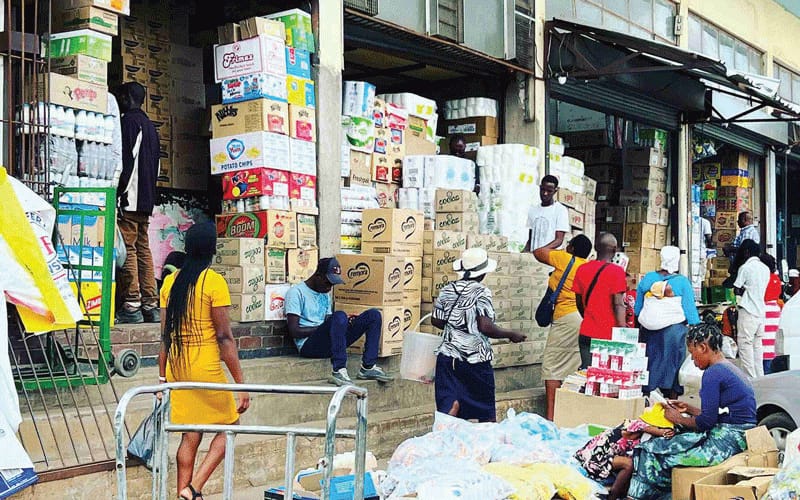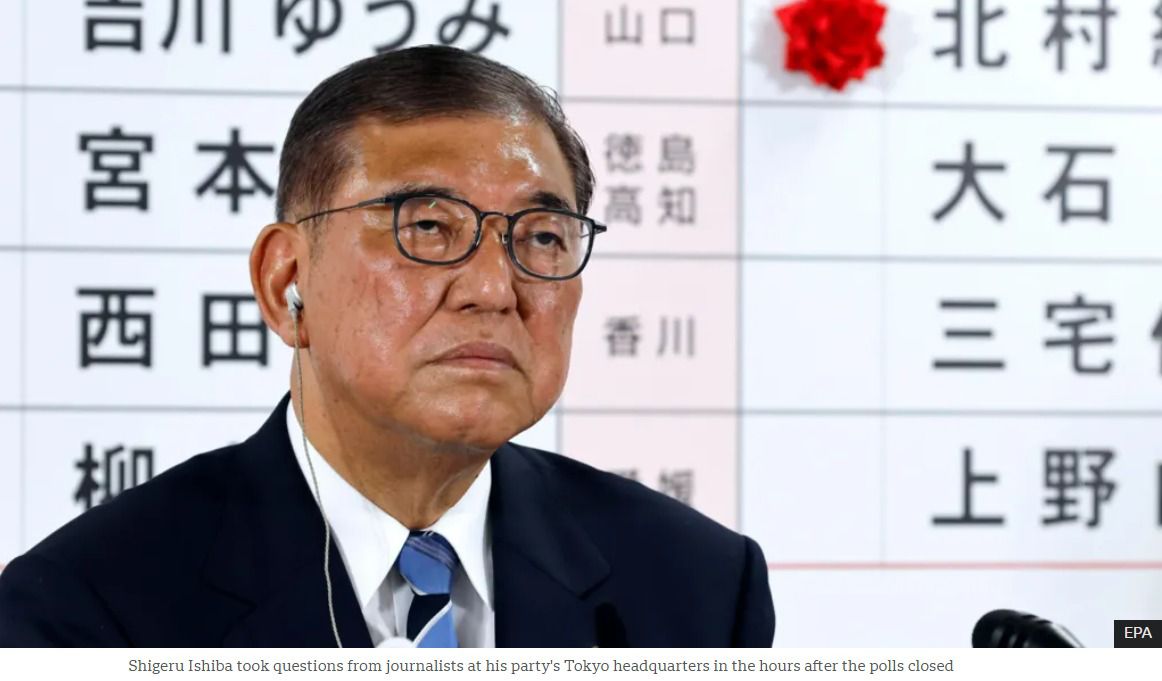Out on Harare’s streets, a growing number of civil servants are turning to vending once their official workday ends.
Most work until 9 or 10pm, although Ngara heads home at about 8pm.
Many of those turning to vending work are teachers. Takavafira Zhou is the president of the Progressive Teachers Union of Zimbabwe and says teachers are taking on these extra, informal jobs because “salaries are pathetic” and “families cannot make ends meet”.
People are “failing to pay school fees, to feed their families, to pay medical bills, to pay rentals,” he explained. “Therefore, government workers have designed methods of survival.”
According to Zhou, “the majority of government workers” have now turned to some sort of vending, although there is no data to confirm this.
According to ZimStats, the government statistics agency, the informal sector in Zimbabwe contributes 18 percent to the country’s gross domestic product (GDP) and 20 percent of employment. But experts say the government downplays the numbers and that a majority of Zimbabweans work in the informal sector.
“It is a situation where you have a choice to starve or to find survival methods, bearing in mind that the employer is uncaring,” Zhou added, accusing the state of offering unreasonable salaries and not improving working conditions for teachers. Send ‘join’ to 071 9999 012 to receive news updates from Ignite Media Zimbabwe.
Before November 2018, most Zimbabwean civil servants, including teachers, earned a basic monthly salary of about $540.
However, since the economic downturn in 2019, the government stopped offering full US dollar-pegged payments. Salaries are now split into two portions: a US dollar (USD) component – $160 for most civil servants – and an amount in local currency, which equals less than $100 when converted.
‘We are in a jungle’
Late one afternoon, Ngara and his 21-year-old son spread out their wares on the pavement in front of registered supermarkets and stores selling the same goods they do.
Last year, in a bid to tackle hyperinflation, the government introduced a new gold-backed currency, the ZiG, and imposed stricter regulations on the use of foreign currency. As a result, registered stores must trade in the local currency or use official USD exchange rates.
Informal vendors, meanwhile, use black market exchange rates, meaning their products are cheaper for customers. They also trade in hard USD currency. Most Zimbabweans keep USD notes instead of local bills, as it is more stable, and prefer buying from vendors.
“We do not accept the local currency,” explained Tariro Musekiwa, a street vendor sitting on a cardboard box, who only trades in USD.
Currently, the official exchange rate is $1 to 26.4 ZiG, while the unofficial black-market rate ranges from 36 to 40 ZiG per USD, giving consumers more for less on the informal market.
People need to buy goods at a lower cost, said Musekiwa, who sells soaps, cordial drinks and yoghurts. Because the same products are more expensive in stores, he believes the vendors are offering an important service.











